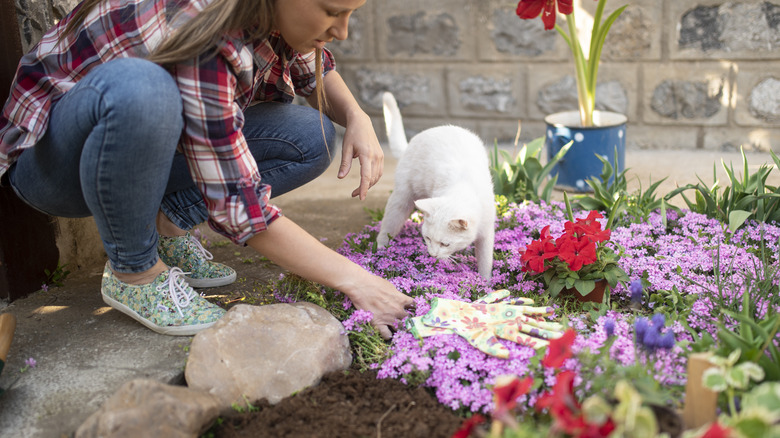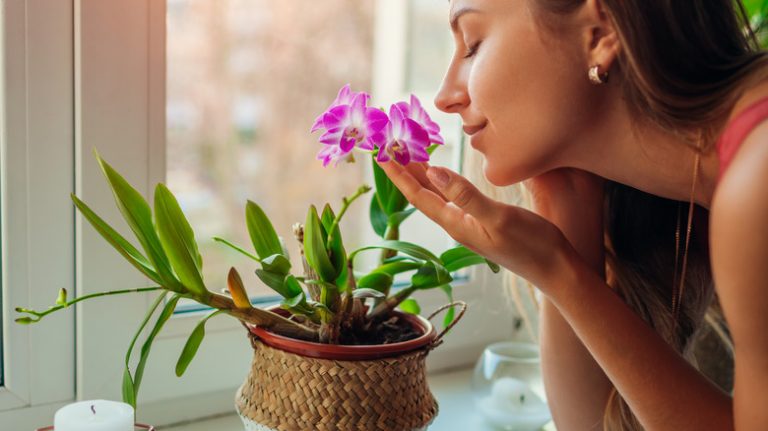Our feline friends that prowl the outdoors are just as mischievous as those knocking items off of our countertops inside, and gardens roll out like a play mat for these spirited pets. Gardens are a playground full of things to bite, bat around, and tear apart. The soft dirt also makes for a great litter box replacement. While this may be fun for the feline, it can lead to damaged crops and a messy outdoor space. Cinnamon has been said to help keep cats out of the garden, but using it may be a waste of money and, even worse, harmful to the animal.
Cinnamon gained lore as a cat deterrent because of its smell and, congruently, how it hits a cat’s nose. Our noses perceive the spice to be strongly scented; a cat’s nose, which is about 14 times stronger than a human’s, perceives it to be a punch of pungent powder. This cinnamon hack uses the same logic that’s applied to other strongly-scented cat deterrents, such as cayenne pepper and coffee grounds. Use enough cinnamon, and the feline can head for the hills to escape the overwhelming scent. However, while some believe this to be an effective and harmless method, there are a few reasons why you may want to reconsider this natural repellent.
Why cinnamon is a no-go for cats

This fall-ready spice is likely better left in the kitchen. While some common pests don’t stand a chance against cinnamon, its effectiveness on cats is disputed. Some felines absolutely despise the smell, while others don’t seem to mind it at all, especially if they build up a tolerance. Determining which side your garden-loving cat lands on would likely be more hassle than it’s worth. You’d have to use a good amount to make the odor stand out among the smell of dirt, plants, insects, and other curious animals. Plus, there’s always the chance that a good rain would wash it obsolete. Pure powdered cinnamon can cost upwards of $15 to $20 a pound, as can the essential oil variety. That’s a lot of money to spend on something that isn’t a foolproof method.
More than all that, though, is the risk of cinnamon harming the cat. While the ASPCA officially lists cinnamon as non-toxic to cats, your pet can experience interior and exterior irritation when exposed to large-enough doses. A cat’s diet is not robust with spices so consuming cinnamon, as with most other seasonings, can cause an upset stomach. Felines with particularly-sensitive skin could display symptoms akin to an allergic reaction as well. Because of all this, you may want to try a safer method to keep outdoor cats out of your garden beds.

